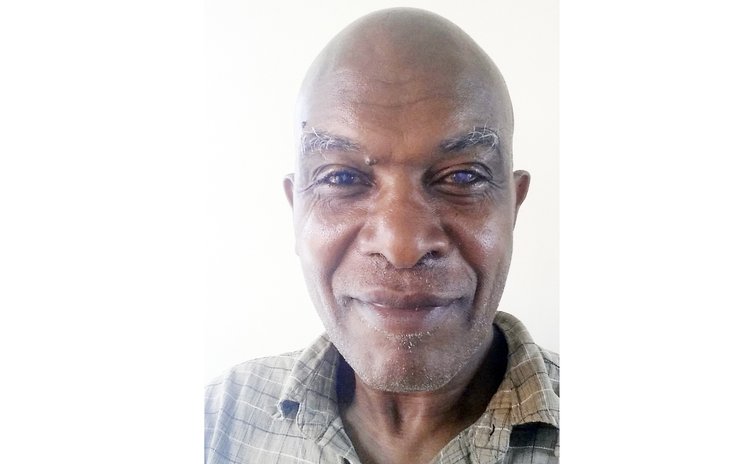A Legal Quagmire in Dominica
By Darius Lecointe, PhD, JD

The term election petition comes to us from Section 65 of the House of Assembly (Elections) Act which says that "a petition complaining of an undue return or election of a member of the House of Assembly, in this Act called an election petition may be presented to the High Court by … some person who voted or had a right to vote at the election." The Act then instructs the Court to try the matter and come to a conclusion whether the member was validly elected. Somehow we have managed to mangle what appears to be a simple process.
The first reason is our failure to recognize that the authority for election petitions does not come from the House of Assembly (Elections) Act. The authority comes from the Constitution which gives "the High Court … jurisdiction to hear and determine any question whether (a) any person has been validly elected as a Representative."
The House of Assembly (Elections) Act was adopted in furtherance of the provision in the Constitution that "the circumstances and [manner] in which and the imposition of conditions upon which any application may be made to the High Court for the determination of [this] question and the powers, practice and procedure of the High Court in relation to any such application shall be regulated by any such provision as may be made by Parliament." This means that all the rules we need for dealing with election petitions should be found in the Act. The Constitution does not allow for rules made by the Chief Justice.
Unfortunately, The Act is not true to the Constitution. This may be because the Act is a carryover from pre-Independence days. Apparently, no effort was made in 41 years of independence to reconcile The Act with the Constitution.
The Act differs from the Constitution in two significant ways. The first point of difference has to do with who can bring an election petition. In addition to "some person who voted or had a right to vote at the election" The Act also gives that right to someone claiming to have had a right to be returned and anyone alleging to have been a candidate. Three classes of individuals in total. This is in contrast to the Constitution which maintains three classes but gives that right to someone who was a candidate and to the Attorney General. The Constitution further provides that if the petition is brought by anyone besides the Attorney General then the Attorney General may intervene. What does this mean?
Take note that the three classes of individuals are not mutually exclusive - the additional two stress actually sub-classes to the first. It would seem that the framers of the Constitution believed that the Attorney General was best qualified to actually bring the petition, even though the right belongs to the larger group. To the extent that the Court expects petitioners to follow the holding of the Court in Frampton that a petition that alleges wrongdoing by the Government should also join the Attorney General, the Court overlooks the fact that election petitions do not allege wrongdoing. An election petition only alleges that the conditions under which the poll was held were invalid. This may be as a result of one or more election offences but the offender is not on trial and may not be the one who was elected. Election offences are dealt with under a different section of The Act.
This is why I believe it would be a lost opportunity - bordering on malpractice - should the attorneys not press upon the Court the fact that the Constitution does not allow for the Court to strike out the election petition, or for the Attorney General to intervene except as a co-complainant. The Court should have the opportunity to respond.
The second difference between The Act and the Constitutional provision may be the fault of Parliament. The jurisdiction given to the High Court is not limited to the election out Representatives, as we see in The Act. The Constitution provides has three more reasons for election petitions: whether (b) any person has been validly appointed as a Senator; (c) any person who has been elected as Speaker from among persons who are not members of the House was qualified to be so elected or has vacated the office of Speaker; or (d) any member of the House has vacated his seat or is required ... to cease to perform any of his functions as a member of the House. Ask off these refer to the membership pic the House, and applications to the High Court relating to the question under these three situations may be made by any elected member of the House or by the Attorney General.
Parliament has never passed any corresponding legislation describing the circumstances and manner in which and the imposition of conditions upon which these applications may be made to the High Court for the determination of these questions and how the powers, practice and procedure of the High Court in relation to any such application shall be regulated. As written, The Act does not apply to these additional conditions for it makes no mention of elected members of the Attorney General. Members of the House have no mechanism for exercising a right that they have under the Constitution.
Where does this leave us? Our election laws are in shambles and in urgent need of reform. Our Constitution is in tatters - still subjugated to an alien authority and with an entire section dealing with the Parliamentary Commissioner treated as if it does not exist. These are not trivial matters. We can't just wish them away.




